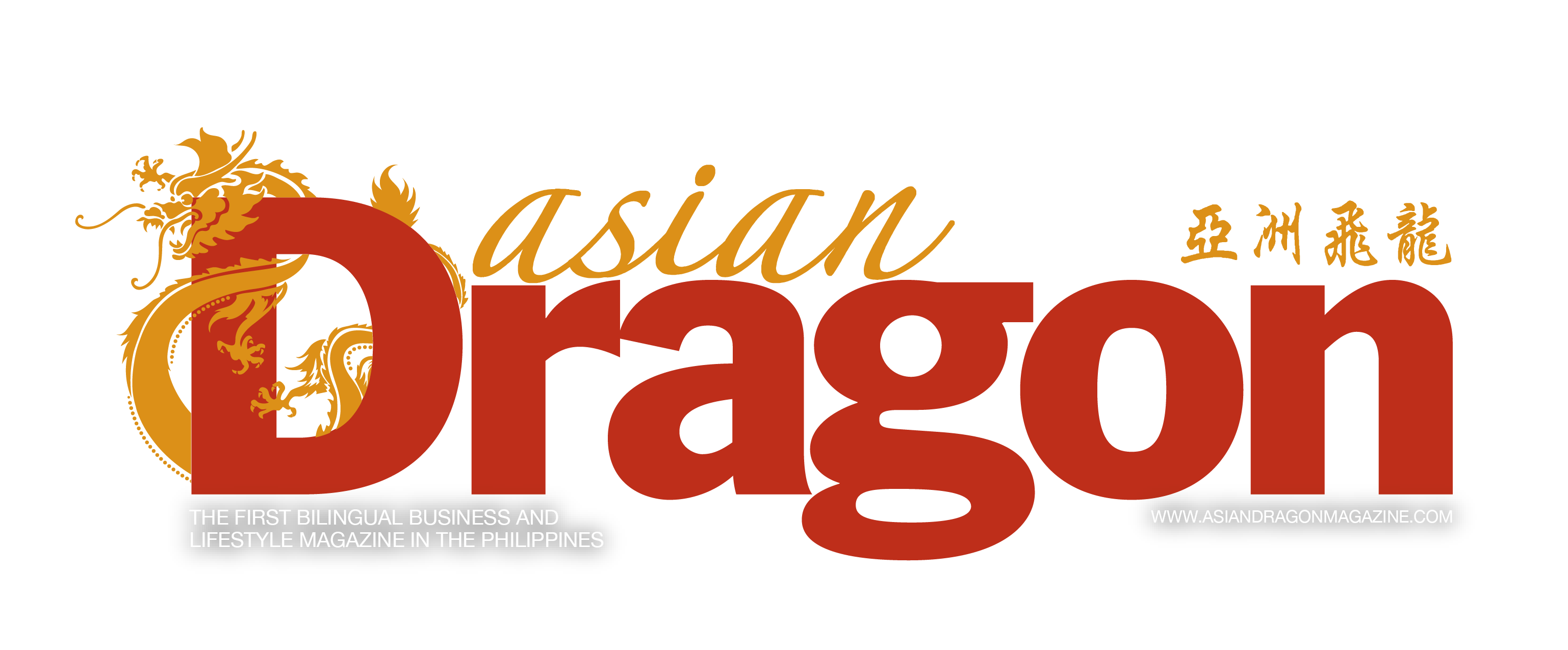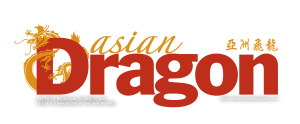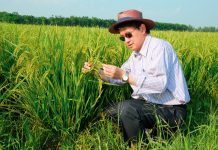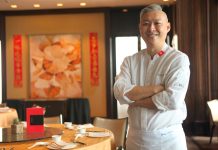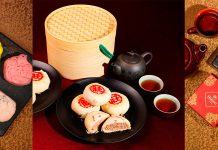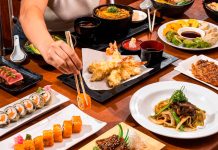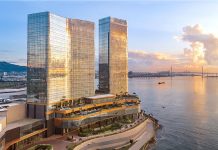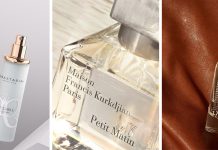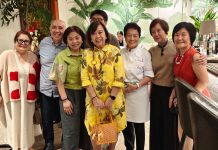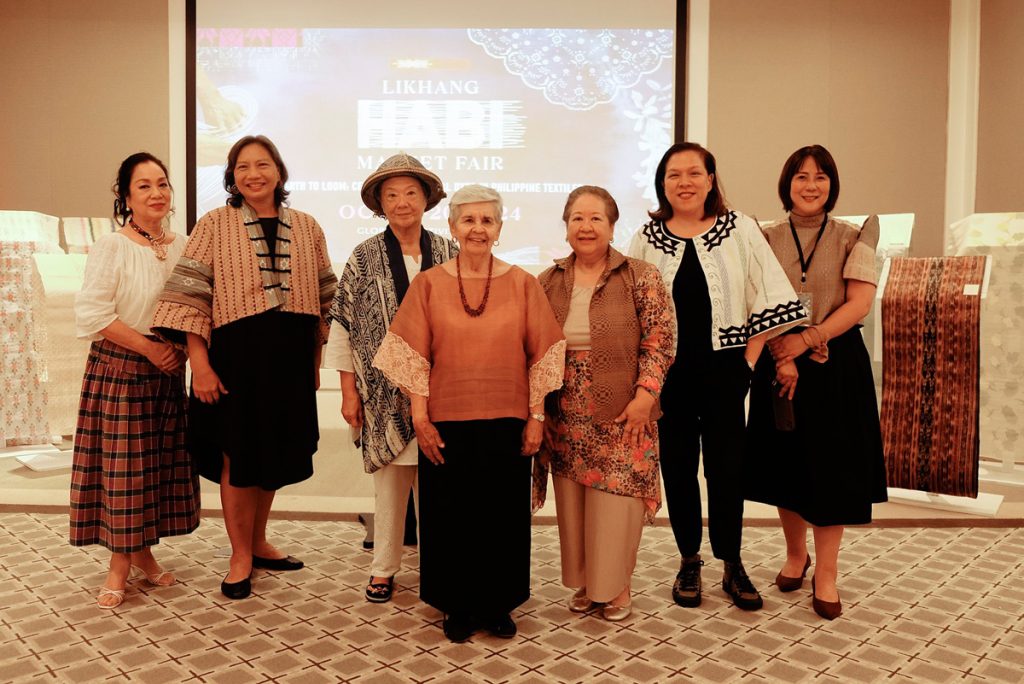
Get ready for the 14th Likhang Habi Market Fair, happening at the Glorietta Activity Center in Makati City from October 18 to 20, 2024. The event is organized by HABI: The Philippine Textile Council, a non-governmental organization with the mission of preserving, promoting, and enhancing Philippine textiles through education, communication, and research using public and private resources. The fair is one of its major projects.
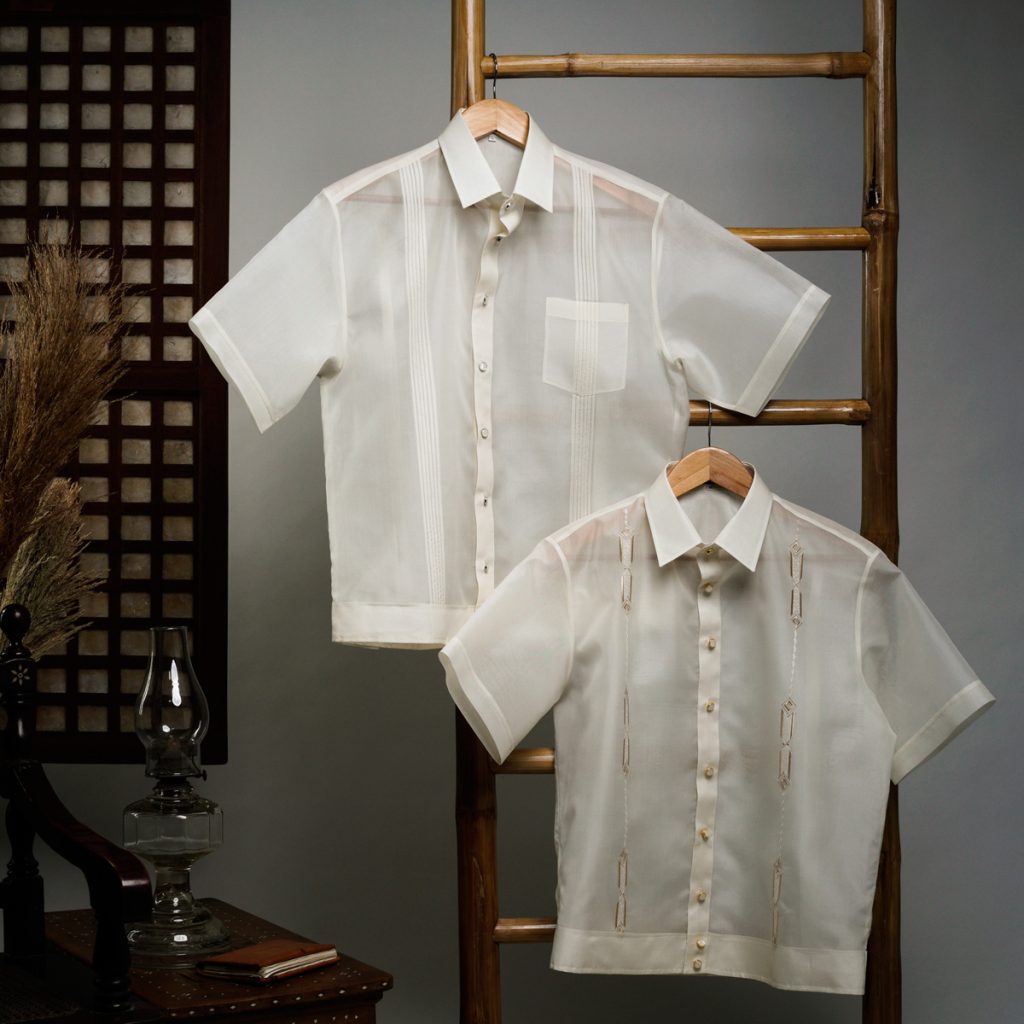
From its maiden fair back in 2009 where they only had 12 booths, the event eventually grew in prominence, with patrons and supporters lauding its efforts to provide market access to grassroot communities and entrepreneurs of indigenous textiles, arts, and crafts. “We expanded from 12 booths to 20, and then eventually to about 50. Now we have 100,” said HABI founder and chairman emeritus Maria Isabel “Maribel” Ongpin. “Everybody is waiting for our fair this year, and I hope they’ll wait again next year.”
This year’s lineup includes weavers, artisans, designers and brands from all over the country. There are vendors coming from Luzon, Visayas, and Mindanao—Cordillera, Zamboanga, Ilocos, SOCCSKSARGEN, Negros, Bangsamoro, and more.
At their booths you can buy textiles, garments, bags, home decor, jewelry, and other special creations. But the fair is more than just about shopping, said HABI president Mia Villanueva. “It is about fashion, it is about products, it is about home, definitely, we have all those, but, it’s about meeting the artisans, it’s about learning.”
Likhang Habi Market Fair is an opportunity for our country’s skilled and talented weavers and artisans to showcase and sell their work and come face to face with potential customers, clients and collaborators. HABI secretary Rambie Katrina Lim said, “The market fair is a chance for them to interact with a bigger market…Many of the weavers and crafters are actually quite isolated, so they need a platform to grow and show their product and tell their story.”
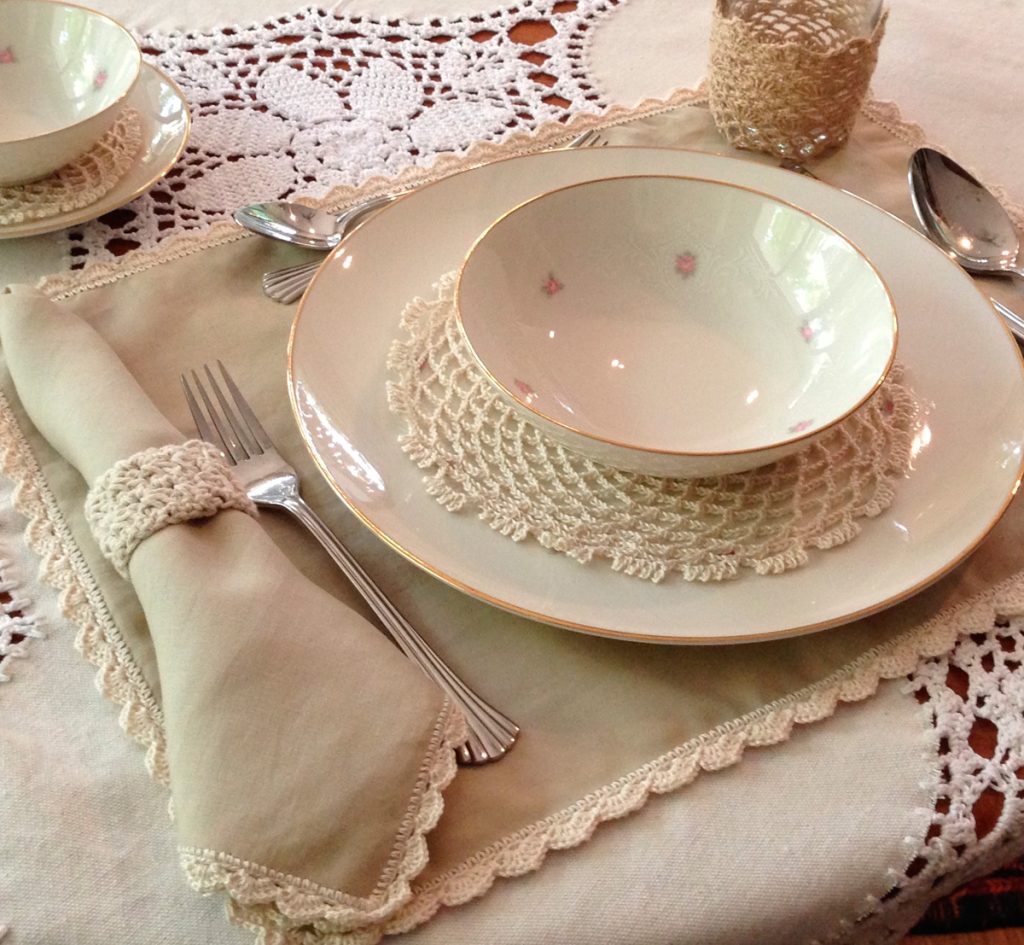
The theme of this year’s Likhang Habi Market Fair is “Earth to Loom: Celebrating Natural Dyes in Philippine Textiles.” The use of natural dyes, which are better for the environment, is a growing trend in many parts of the world, with consumers and creators becoming more conscious about the importance of sustainability.
Rambie said, “Though we know that not everything in the fair can be dyed naturally or will be dyed naturally, we think that it’s good to highlight an aspect that is booming, to give it support for its eventual growth.”
Villanueva shared, “We at Habi don’t claim to have it solved, but we want to put it out there and bring it to the forefront that there’s a need for this discussion. We’re going to have workshops that will demonstrate the use of natural dyes. We’re going to try to encourage the vendors to have products that use natural dyes.”
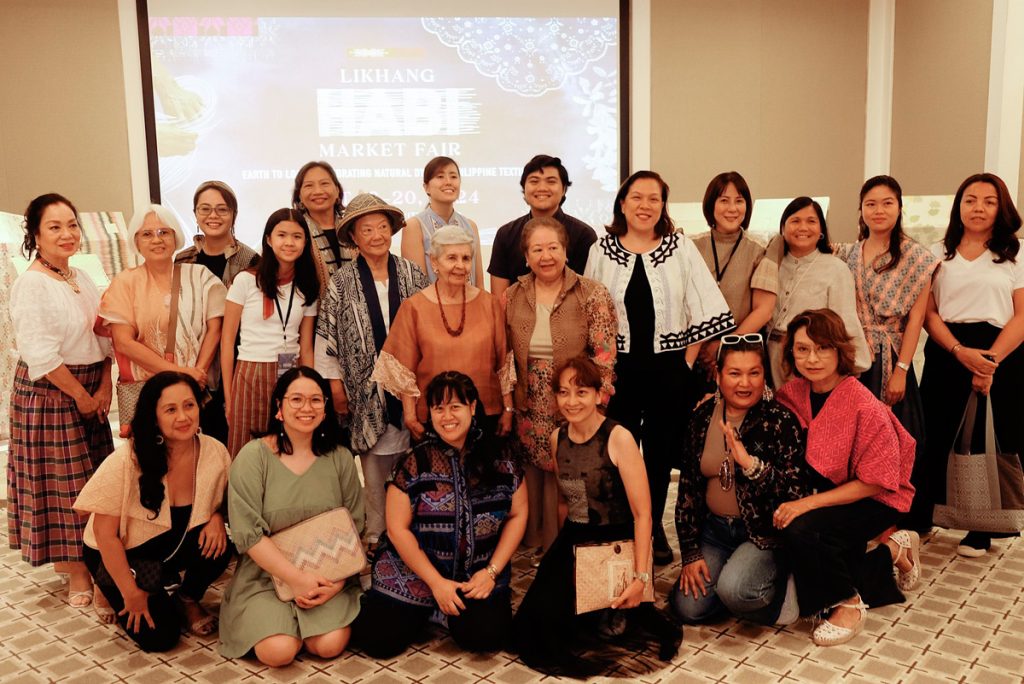
Kat Palasi, a textile artist and creative entrepreneur from La Trinidad, Benguet who has been joining the Likhang Habi Market Fair since 2013, said, “It’s like visiting the Philippines in one place, in one day. It’s getting slices of life from the islands…There are colors everywhere because the Philippines is really colorful.”
Sharing the spotlight with local artisans and merchants during the three-day fair are entries to the 7th Lourdes Montinola Piña Weaving Competition, and submissions to the 3rd Eloisa Hizon-Gomez Abaca Weaving Competition that will be exhibited within the fair area for patrons and textile aficionados to see and appreciate. The winners of the piña and abaca competitions will be announced on October 19 and 20 respectively.
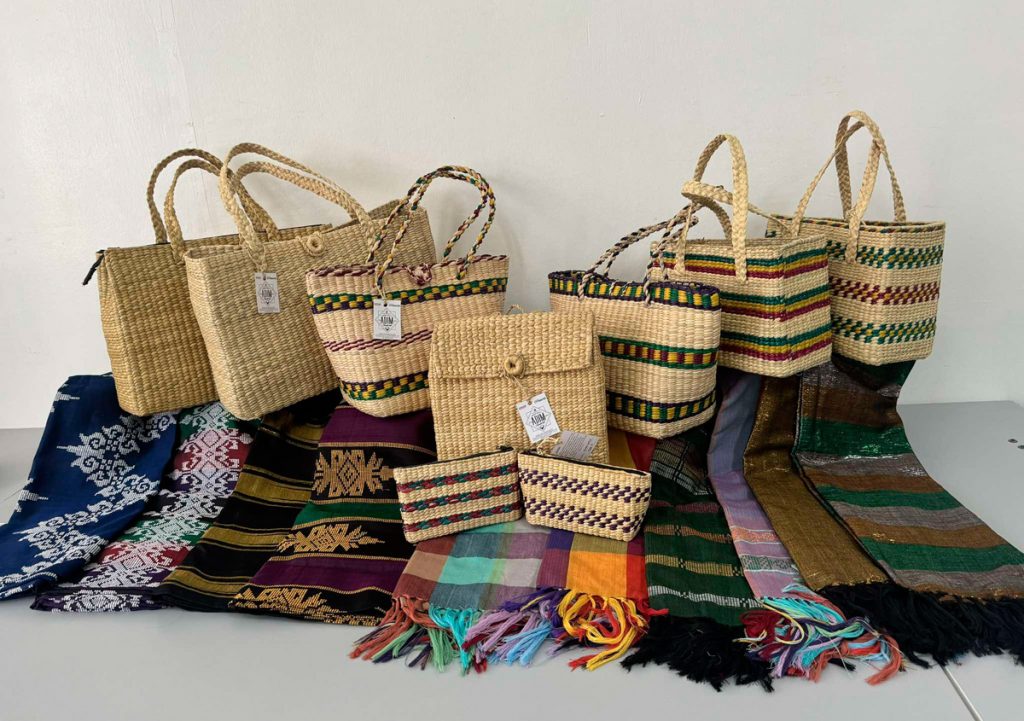
Villanueva added, “What’s really valuable to me is watching the vendors grow. It’s not really only about us and how our fair has grown. It’s more about watching how the grassroots weavers have expanded to becoming entrepreneurs in Manila.”
Adelaida Lim, HABI president emeritus, said, “The bazaars manifest the broadening interest of the public in traditional textiles. This was exactly HABI’s aim when the organization started: to preserve Philippine weaving traditions which vary from island to island”
Visit www.habiphilippinetextilecouncil.com and find HABI: The Philippine Textile Council on Facebook and Instagram (@HABICouncil).
